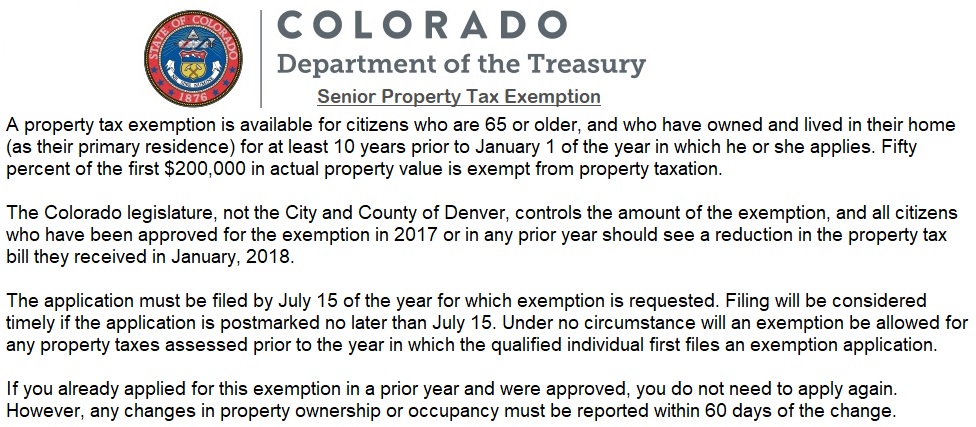resources
We gather relevant resources that seniors may find useful and interesting
DURA offers zero or low-interest loans to low and moderate-income homeowners for home repair
DURA’s Housing Rehabilitation programs match low-income and moderate-income residents with grants and low-interest loans for emergency repairs like hot water heater replacement, or for more thorough rehabilitation of a single family home, like installing a new roof and replacing sewer lines – repairs that ensure that the home is safe and comfortable.
Click here to visit the website
Social Security
The biggest consideration is when to start collecting. When making your decision, it’s important to keep in mind that people are living longer than ever before. Each person’s circumstances and needs are different.
For most people, waiting until age 70 to collect Social Security is the best choice. That maximizes the benefits you receive. By waiting until 70, you will receive an additional 8% a year for every year past your so-called full retirement age (currently 66 or 67, depending on what year you were born). Where else can you receive such a high guaranteed return in today’s environment? Your annual Social Security cost-of-living increase is based on this higher amount, too.
Here’s a look at how timing can affect the benefits you receive:
Full Benefits – The Social Security Administration determines the age at which you’re entitled to full Social Security benefits. Those born between 1943 and 1954 are eligible for full benefits at age 66. For those born in 1955 and thereafter, the age gradually rises.
Early Benefits – You may begin collecting Social Security when you turn 62. But that will result in a permanently reduced benefit ranging from 25 percent to 30 percent depending on your year of birth.
Delayed Benefits – Delaying collecting Social Security increases benefits. For those born in 1943 and thereafter, an additional 8 percent is credited to your permanent benefit amount for each year you wait after reaching the full benefit age until you reach age 70. Past 70, no additional credit is added.
For an estimate on the monthly Social Security benefits you may qualify for, refer to your personalized Social Security Statement. You can get a copy of your statement by going to http://www.socialsecurity.gov/mystatement. You may also wish to enlist the help of a financial professional to crunch some numbers and determine what sort of timing would best support the retirement you envision.







